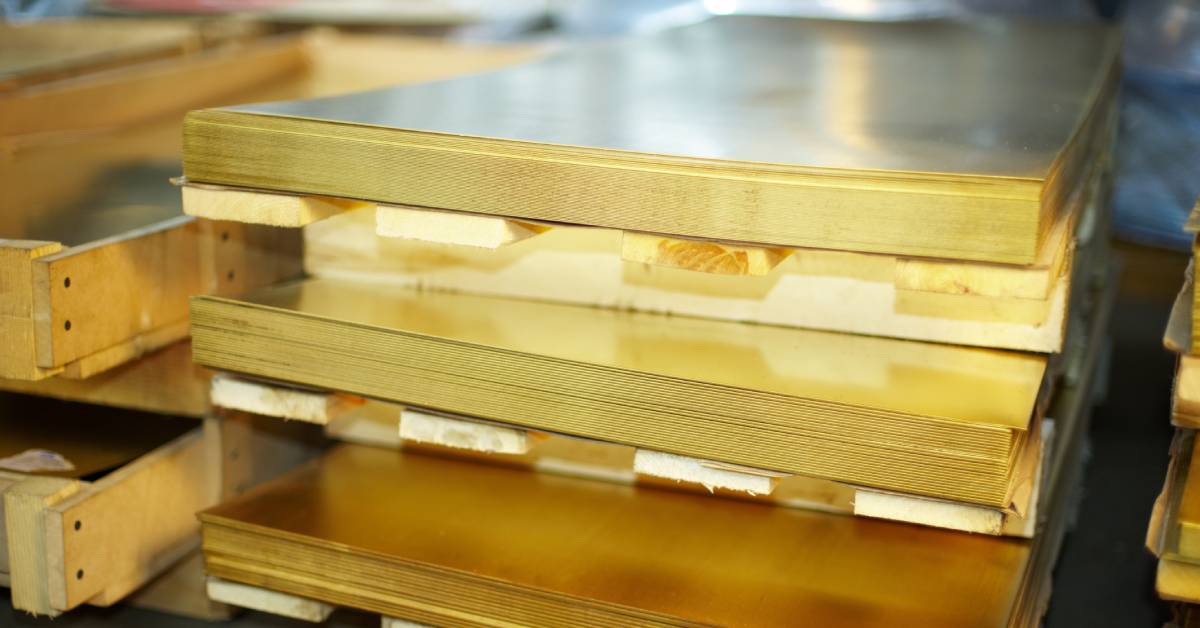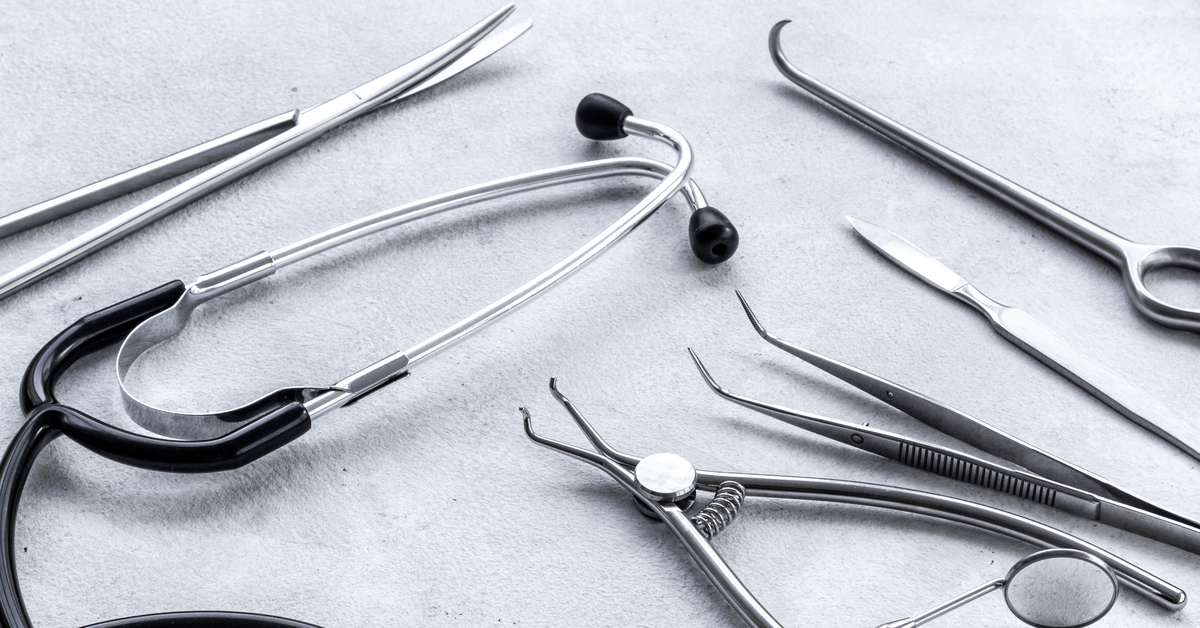Understanding Sheet Metal Gauge Thickness

When working with sheet metal, one of the most perplexing topics is gauge thickness. Understanding sheet metal gauge thickness is essential for anyone dealing with metal fabrication, construction, or DIY home projects. Whether crafting a custom metal sign or tackling a full-scale industrial project, knowing how gauge thickness works can save you a ton of headaches (and money).
What Does Sheet Metal Gauge Mean?
Gauge is a unit of measurement that determines the thickness of sheet metal. But here’s the twist—unlike most measurements, gauge numbers work backward. The higher the number, the thinner the metal.
For instance, a 24-gauge steel sheet is significantly thinner than a 10-gauge steel sheet. Why? Because people developed gauge measurements centuries ago based on how much metal they could produce from a given weight, not its dimensions. It’s a quirky system, but hey, tradition sticks around!
Different Materials, Different Gauges
Not all metals are created equal, and that’s especially true with gauge measurements. Steel, aluminum, and copper all have different gauge thickness standards. For example, a 14-gauge steel sheet is about 0.075 inches thick, but a 14-gauge aluminum sheet measures around 0.064 inches.
These differences matter when choosing materials for specific projects. Always double-check which metal you use and consult a gauge chart to avoid surprises later.
Why Gauge Thickness Matters
Choosing the wrong gauge can lead to all sorts of chaos. If the metal is too thin, it may bend or warp under pressure. Too thick? You may find it harder to cut or shape.
For roofing, HVAC ducts, and car bodywork, thinner gauges are often ideal. On the other hand, heavy-duty applications like bridges and industrial machinery call for thicker sheets. Matching the gauge to the job ensures safety, durability, and cost efficiency because no one likes wasting money on steel that’s thicker than required.
Tools for Measuring Sheet Metal Gauge
Measuring sheet metal thickness doesn’t require a PhD in engineering—just the right tools. A sheet metal gauge tool is the simplest option. Slide the tool over the edge of the sheet, and voilà, you know the gauge!
For more precise measurements, digital calipers or micrometers are your best friends. They provide exact thickness readings, which you can then match to a gauge chart. This precision ensures you always have the right material for the job.
Understanding sheet metal gauge thickness is the key to mastering metalwork projects, big or small. Whether you’re welding, cutting, or bending, knowing the right gauge keeps your work efficient, safe, and professional.
When it comes to steel and metal sales, you can count on us. At Thin Metal Sales, we supply thin-gauge metal for industry-leading manufacturers and can help you find the right materials for your latest project.










